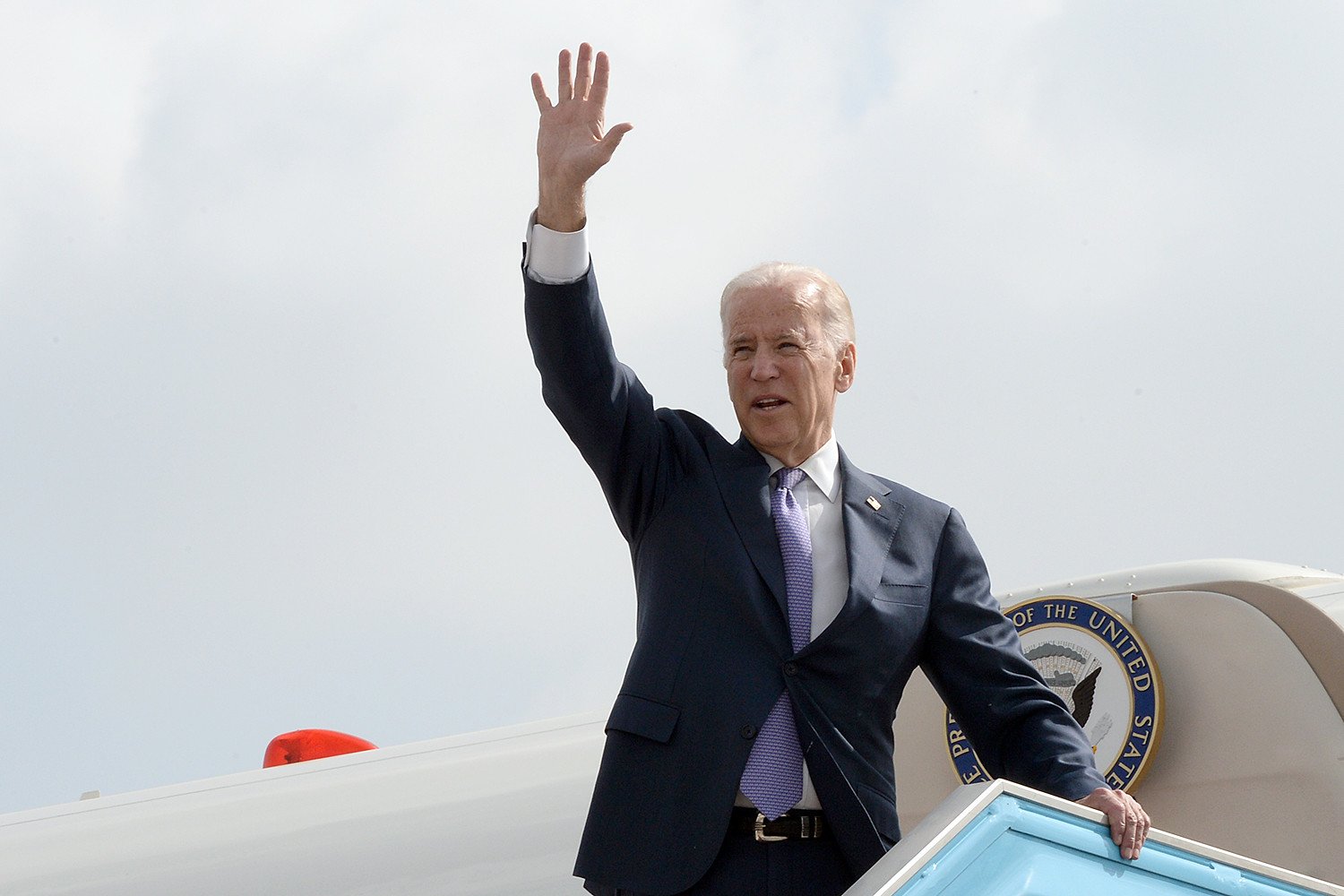Following OPEC’s decision to cut oil production by 2 million barrels per day, a wave of anti-Saudi sentiment is sweeping Washington that could, for the first time in nearly 50 years, lead to a restructuring of the US-Saudi relationship.
Earlier this year, Biden had flown to Saudi Arabia to request an increase in oil production, reasoning that he commands the army that protects the Saudi oil fields, and that any decrease in production would increase the global price of oil, which has the double effect of dampening economic growth and the more awkward reality of supporting Russia’s economy while it wages illegal war in Ukraine.
On Wednesday, Biden got his answer—the largest decrease in oil production since the pandemic started.
Since the Carter Administration, America’s number one security policy has been to protect Saudi Arabia and her oil fields from all manner of hostile actors, whether Iranian, Soviet, or non-aligned brigands real or imagined.
Since 2014 and the political rise of then deputy-Crown Prince now-Prime Minister Mohamad bin-Salman, US-Saudi relations have attracted more scrutiny, led by his sanctioned murder of American journalist Jamal Khashoggi, his disastrous War in Yemen “Operation Decisive Storm,” and more hostile climate change rhetoric targeting America’s reliance on fossil fuels.
Yet Obama gave the green light for the war in Yemen “to placate the Saudis,” Trump supported them through thick and thin, with the outrageous exaggeration of how much money they spend on American weapons, and Biden glossed over all that this genocidal dictatorial theocracy has done during his visit with them this summer.
But there’s something about Russia getting a leg up in the oil market that gets American Congressmen and women out of their seats in a way that between 250,000 and 1,000,000 dead Yemeni children under the age of five just can’t.




